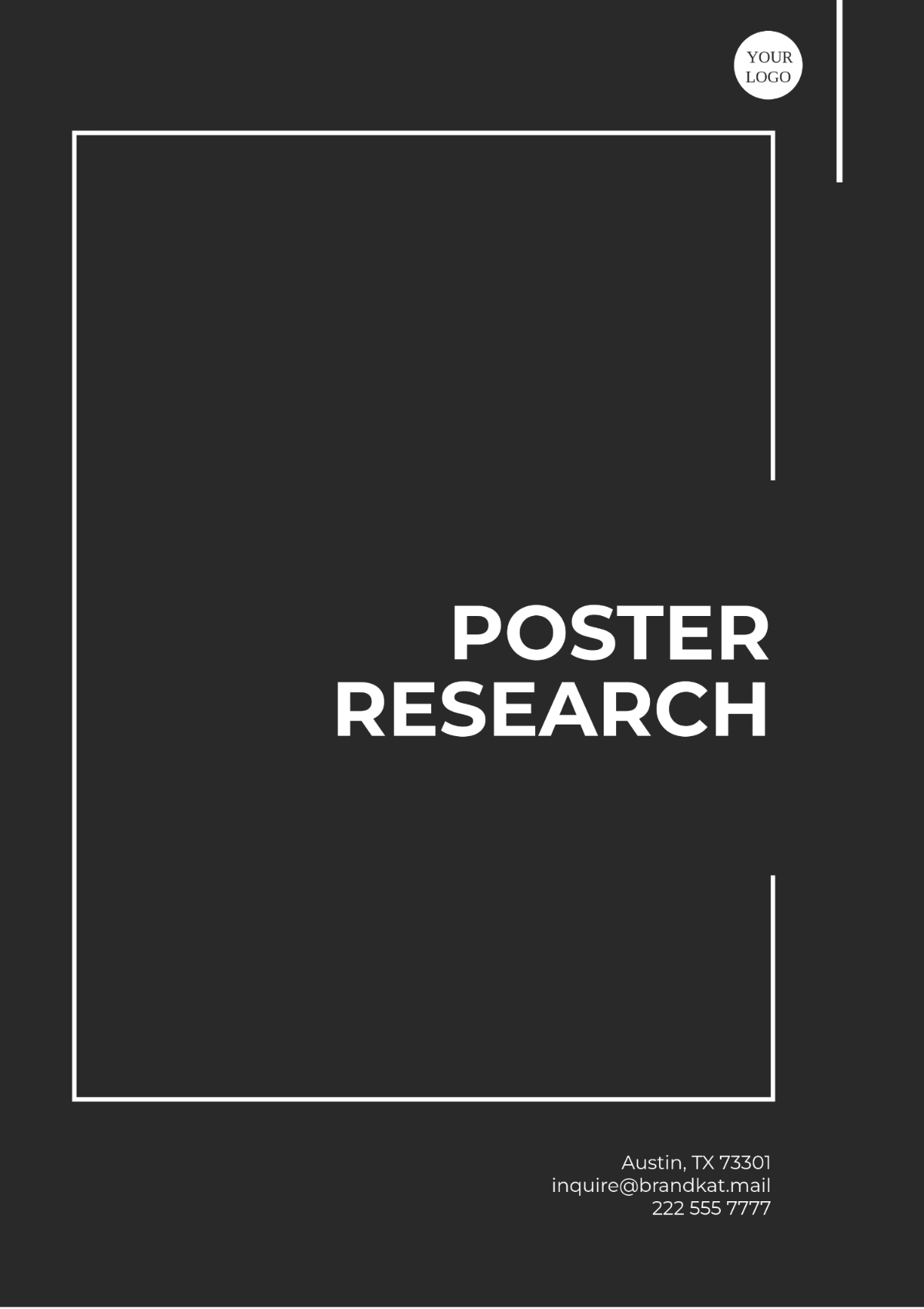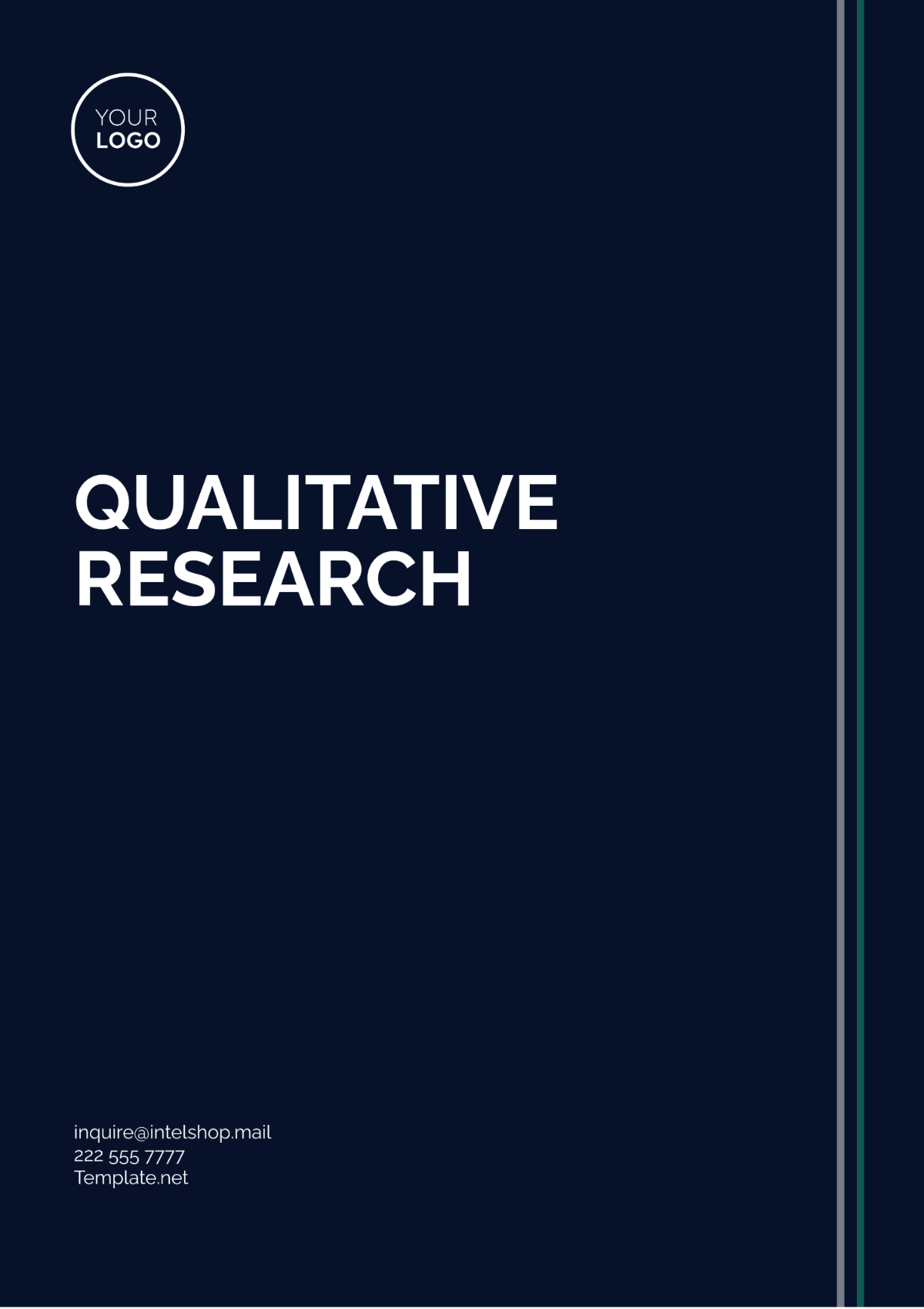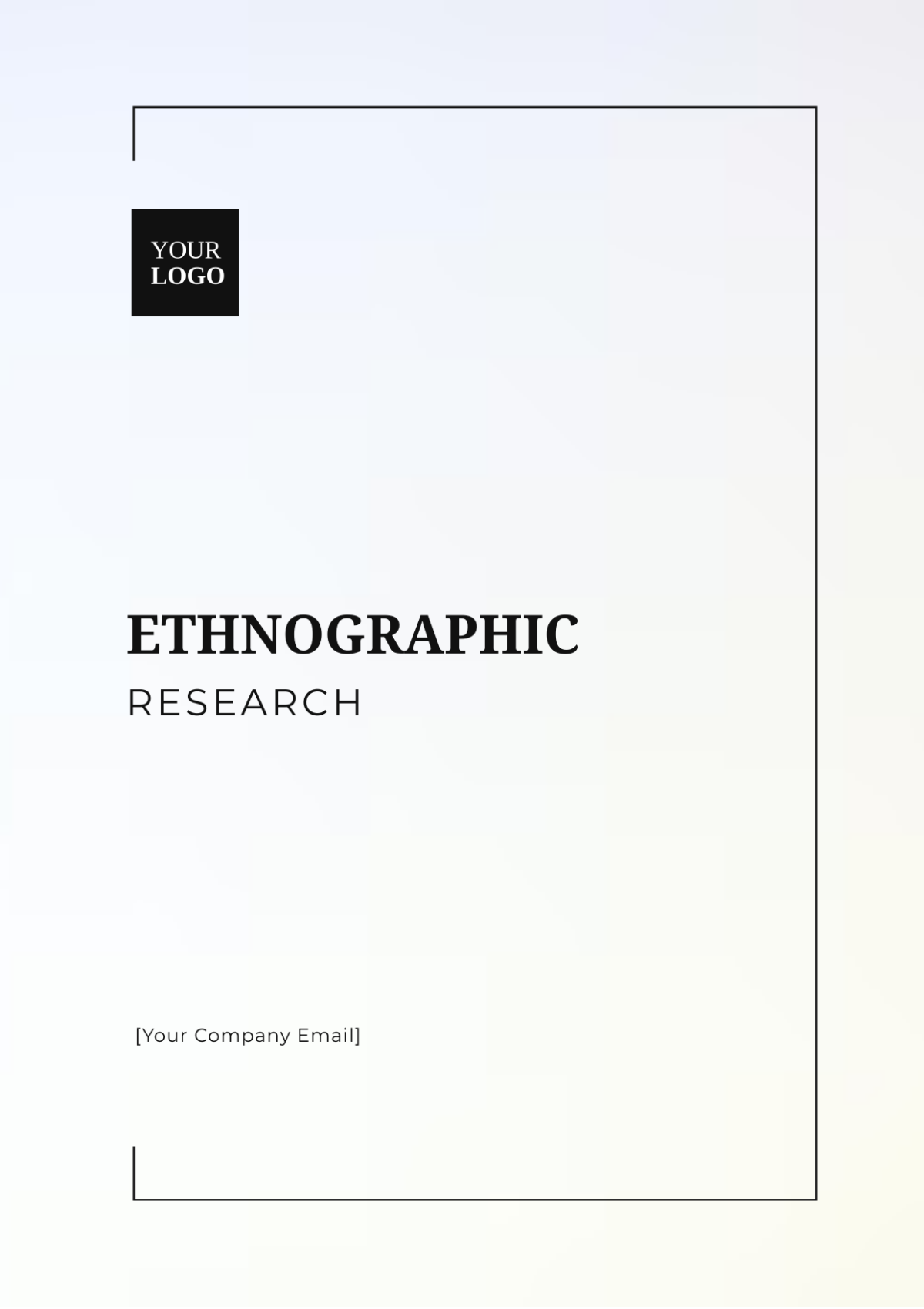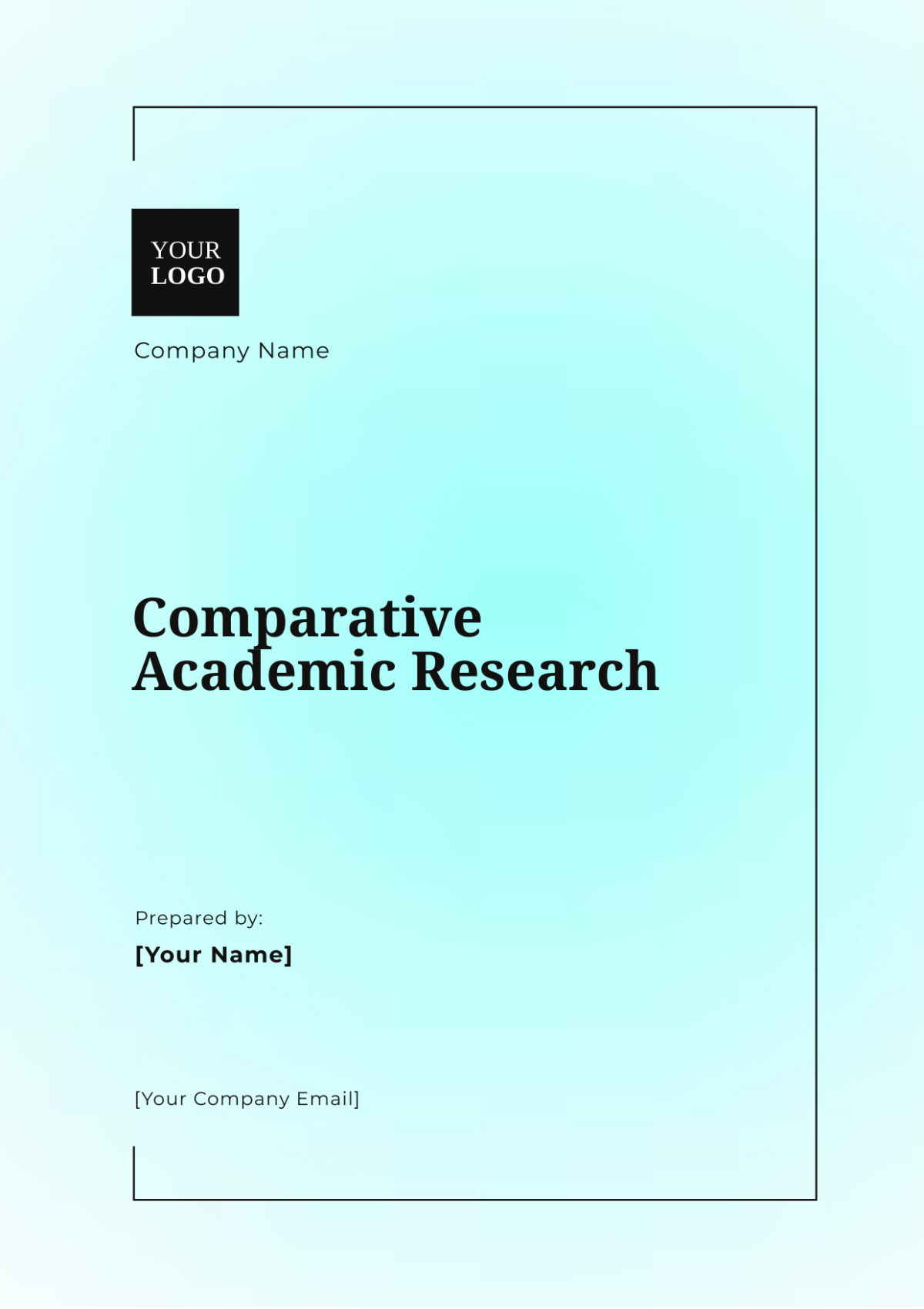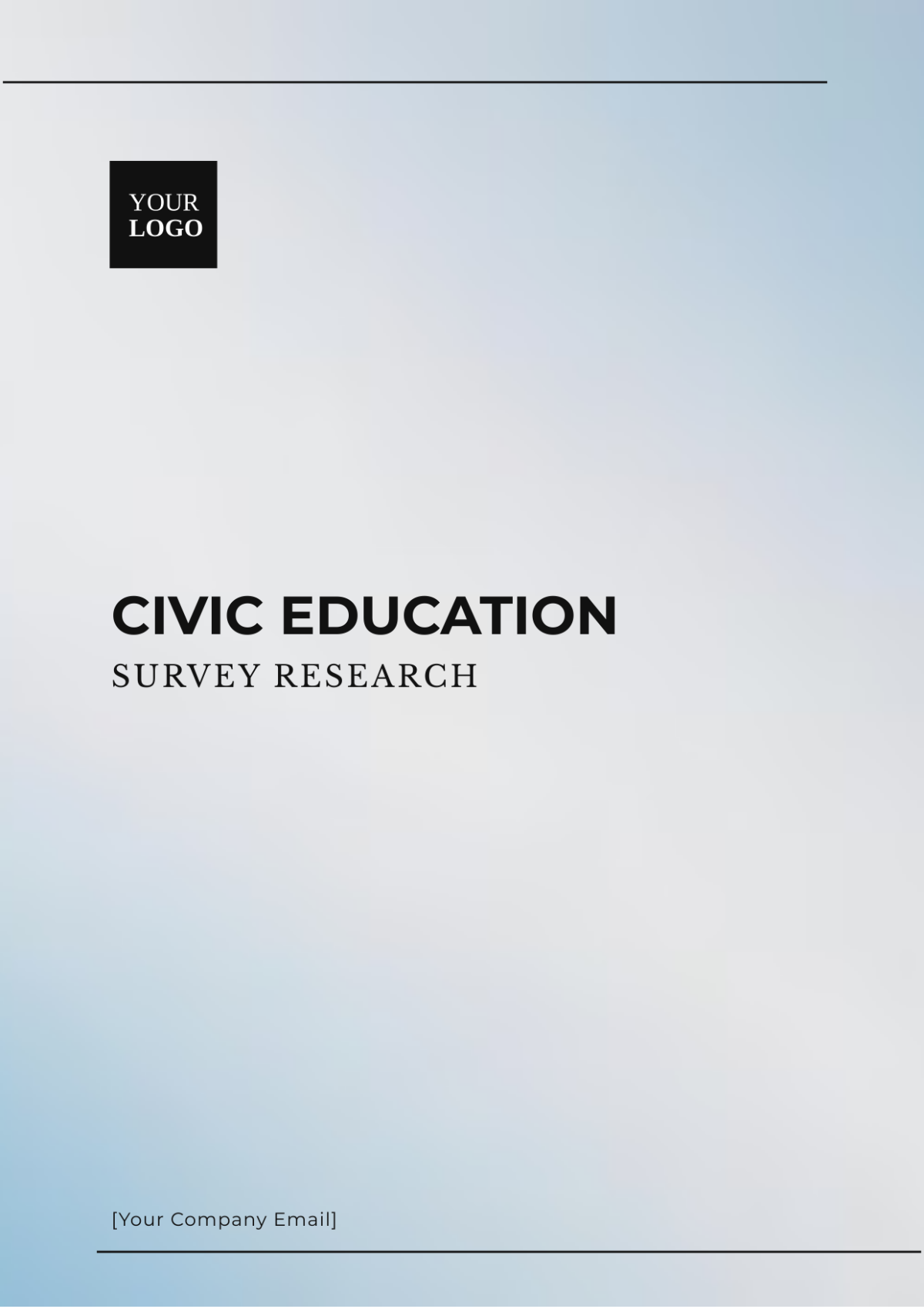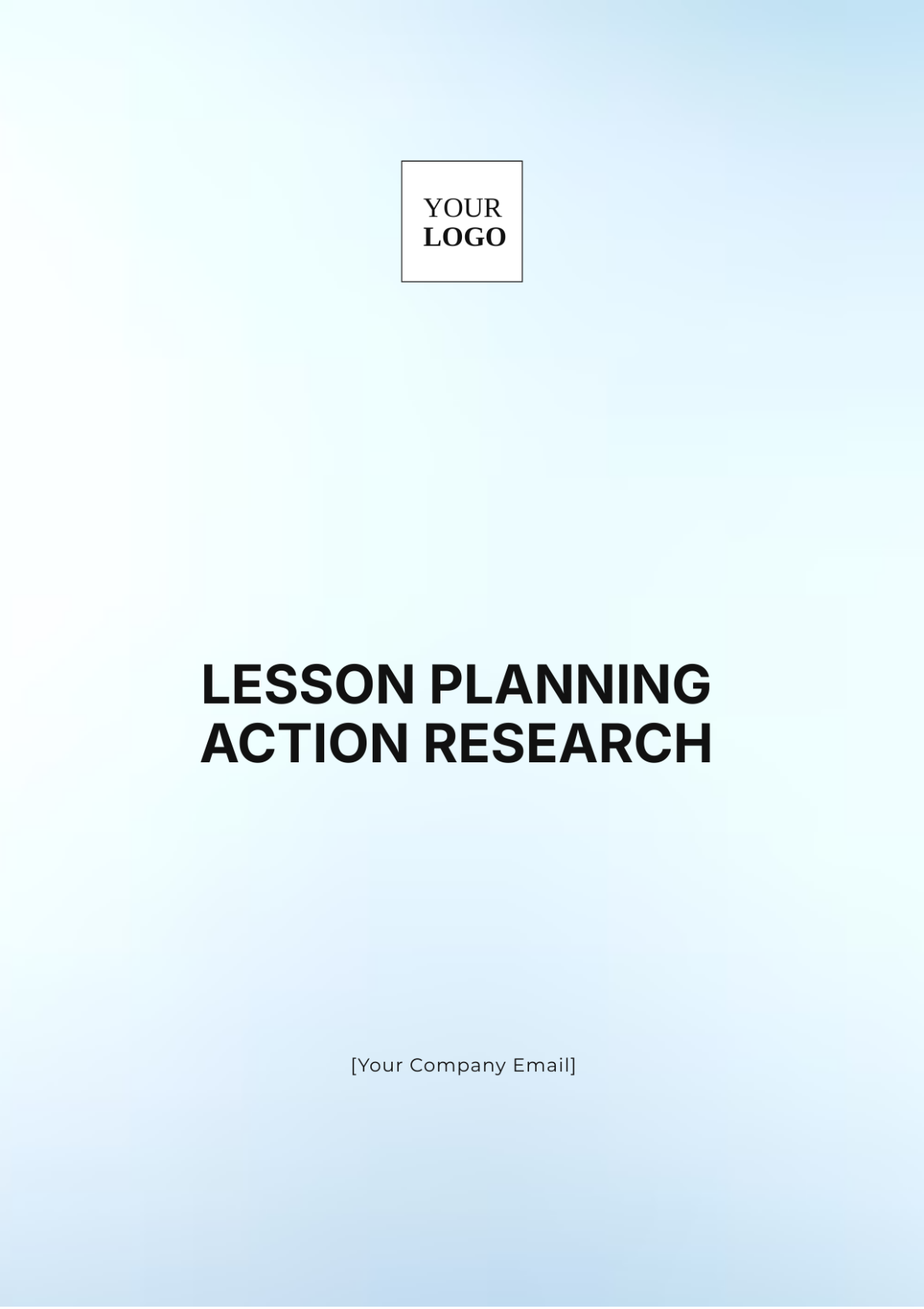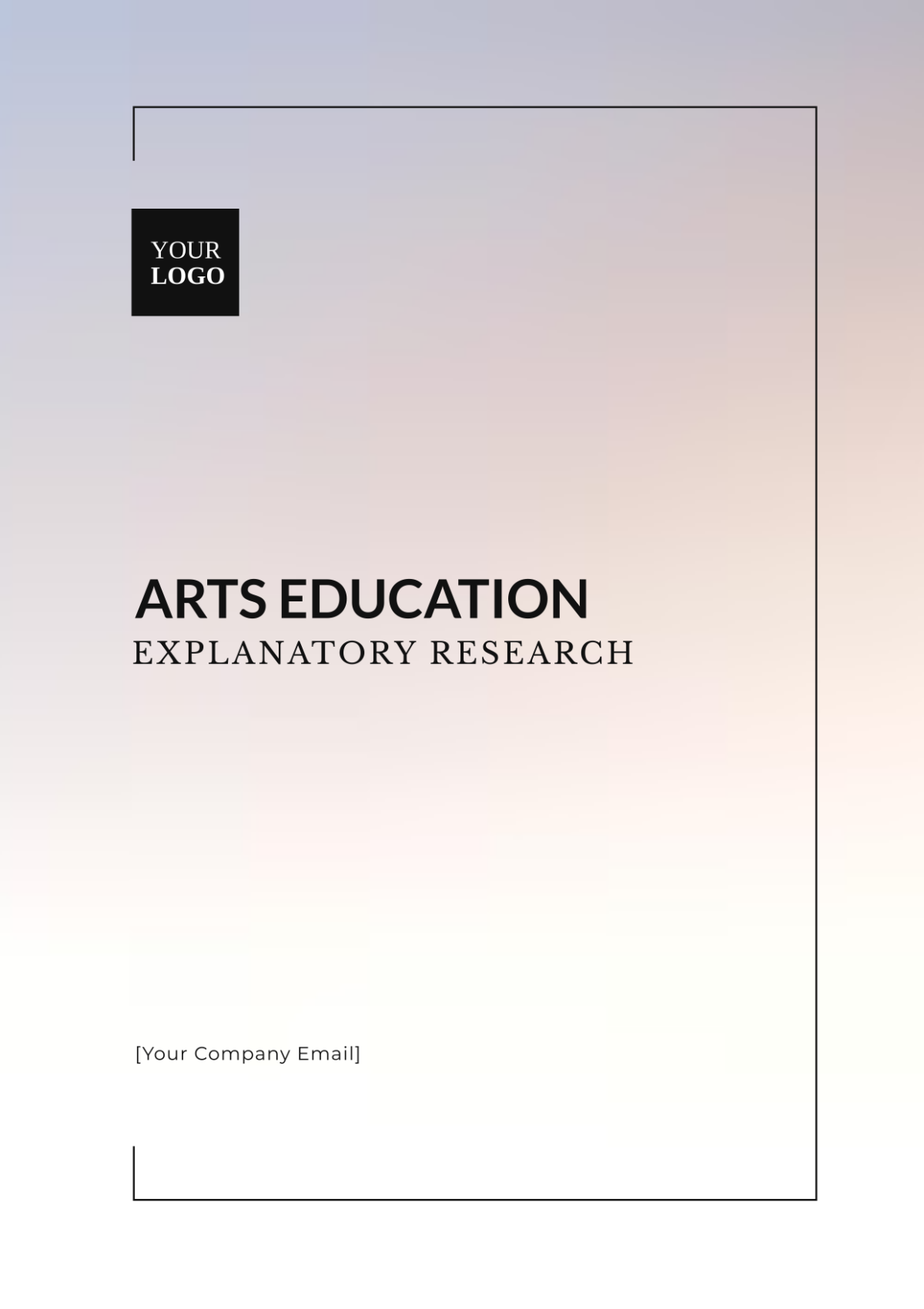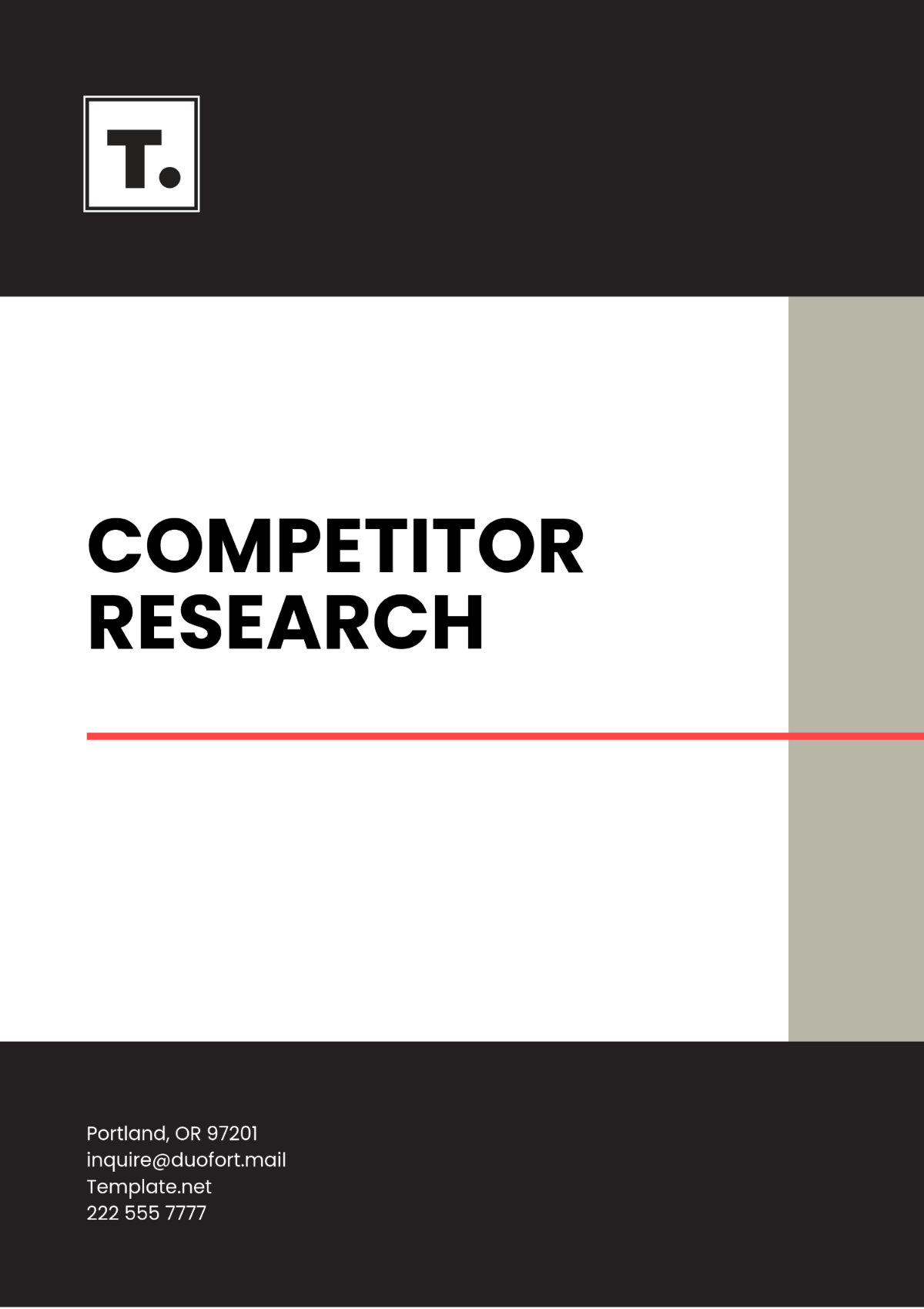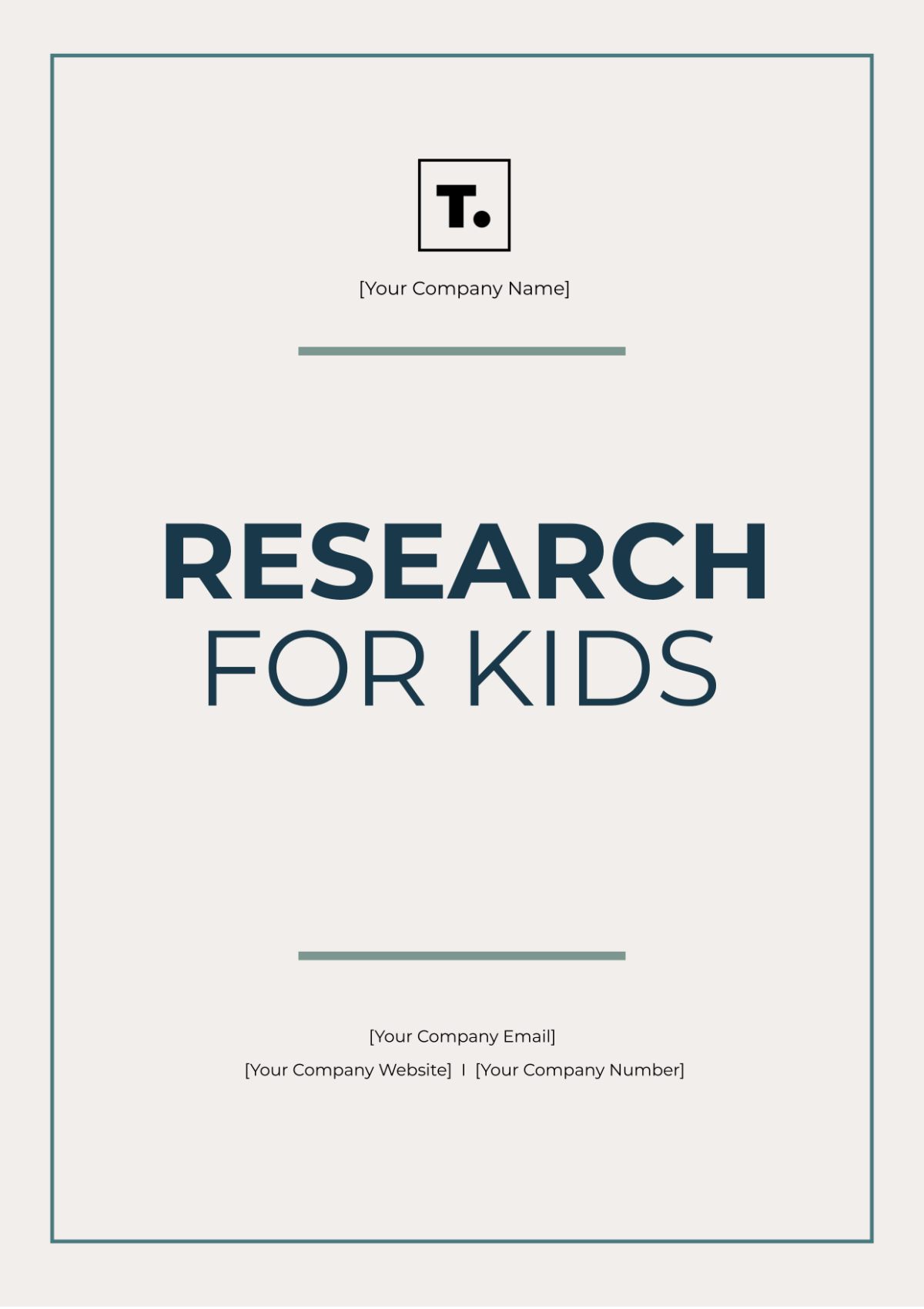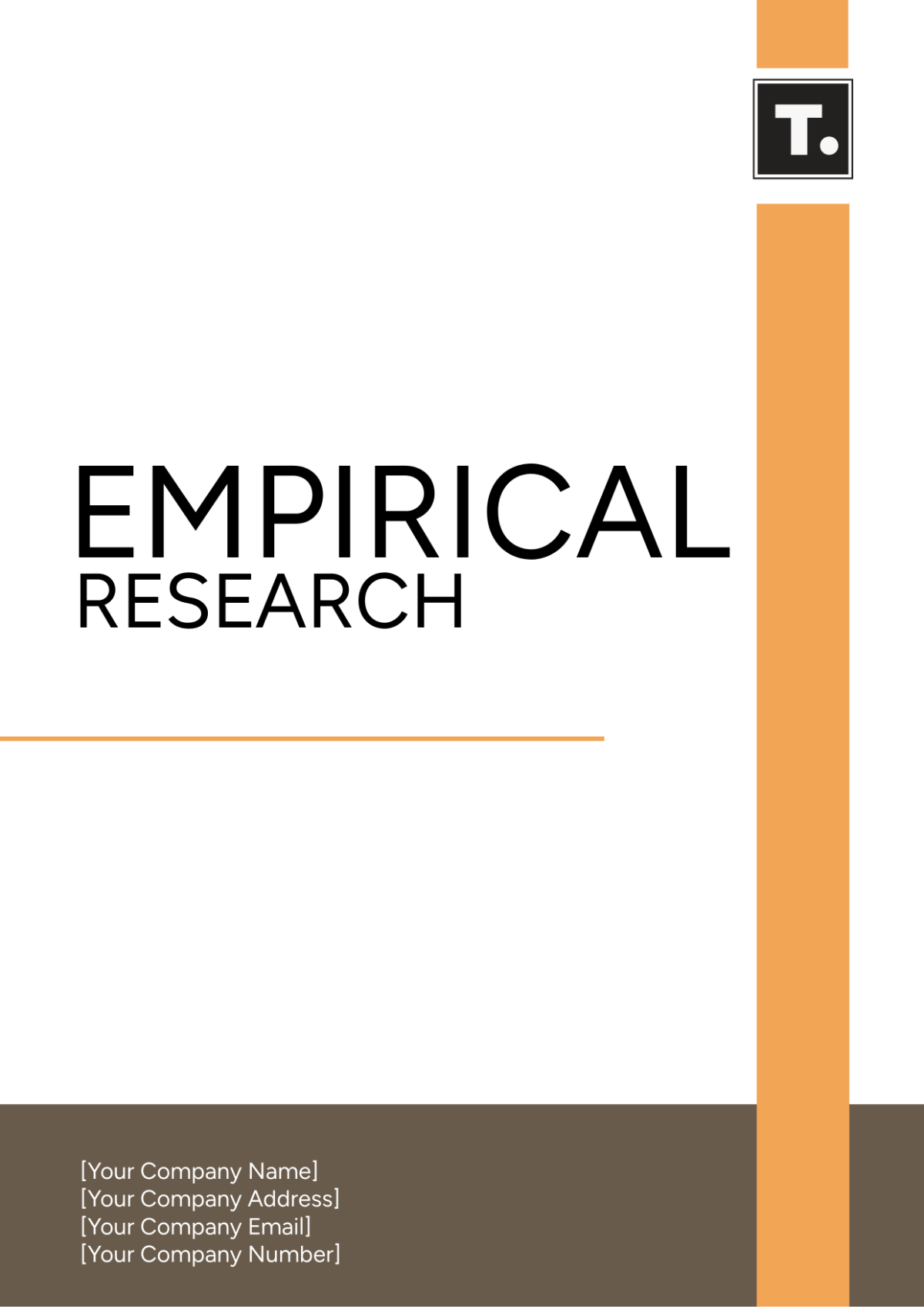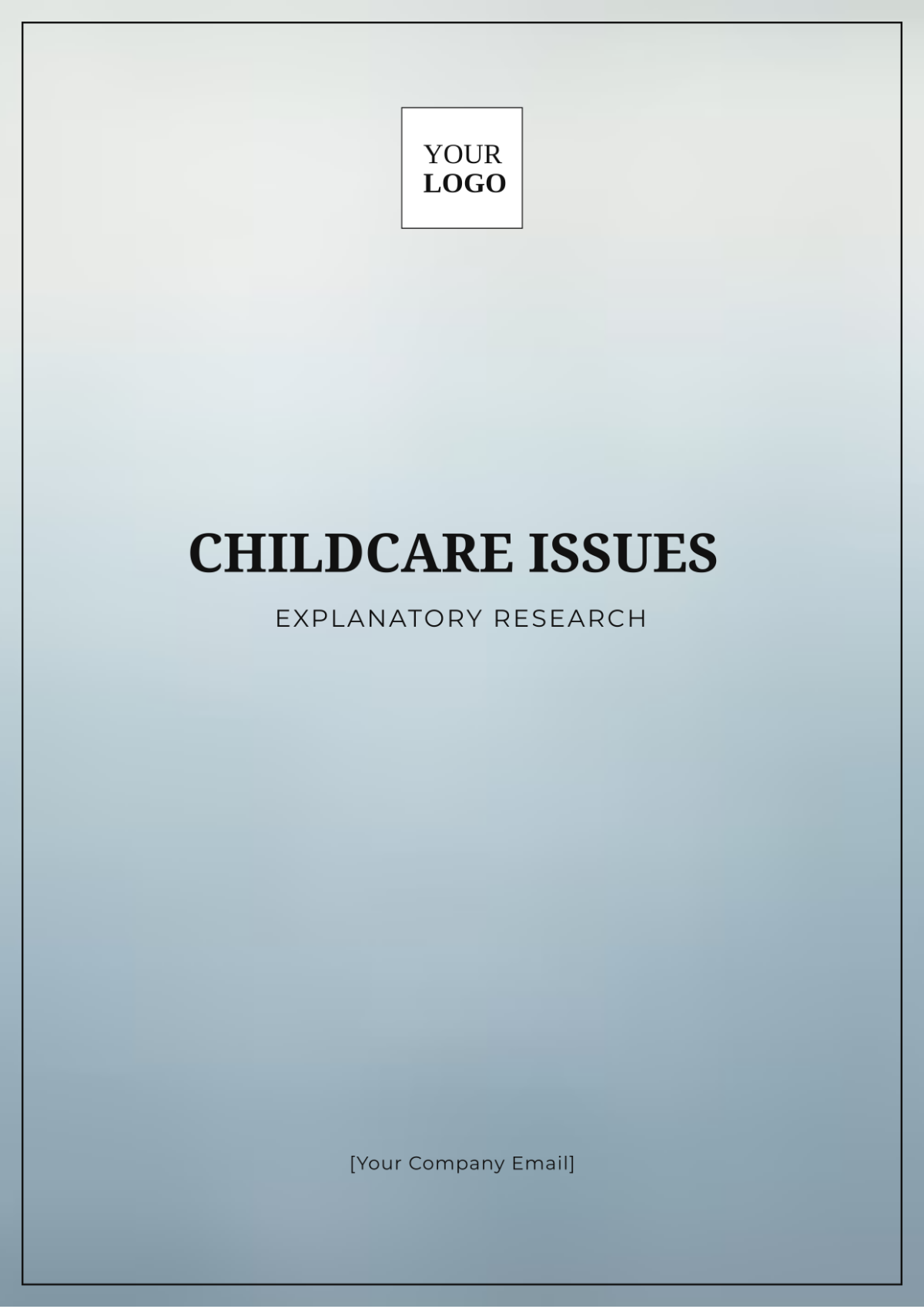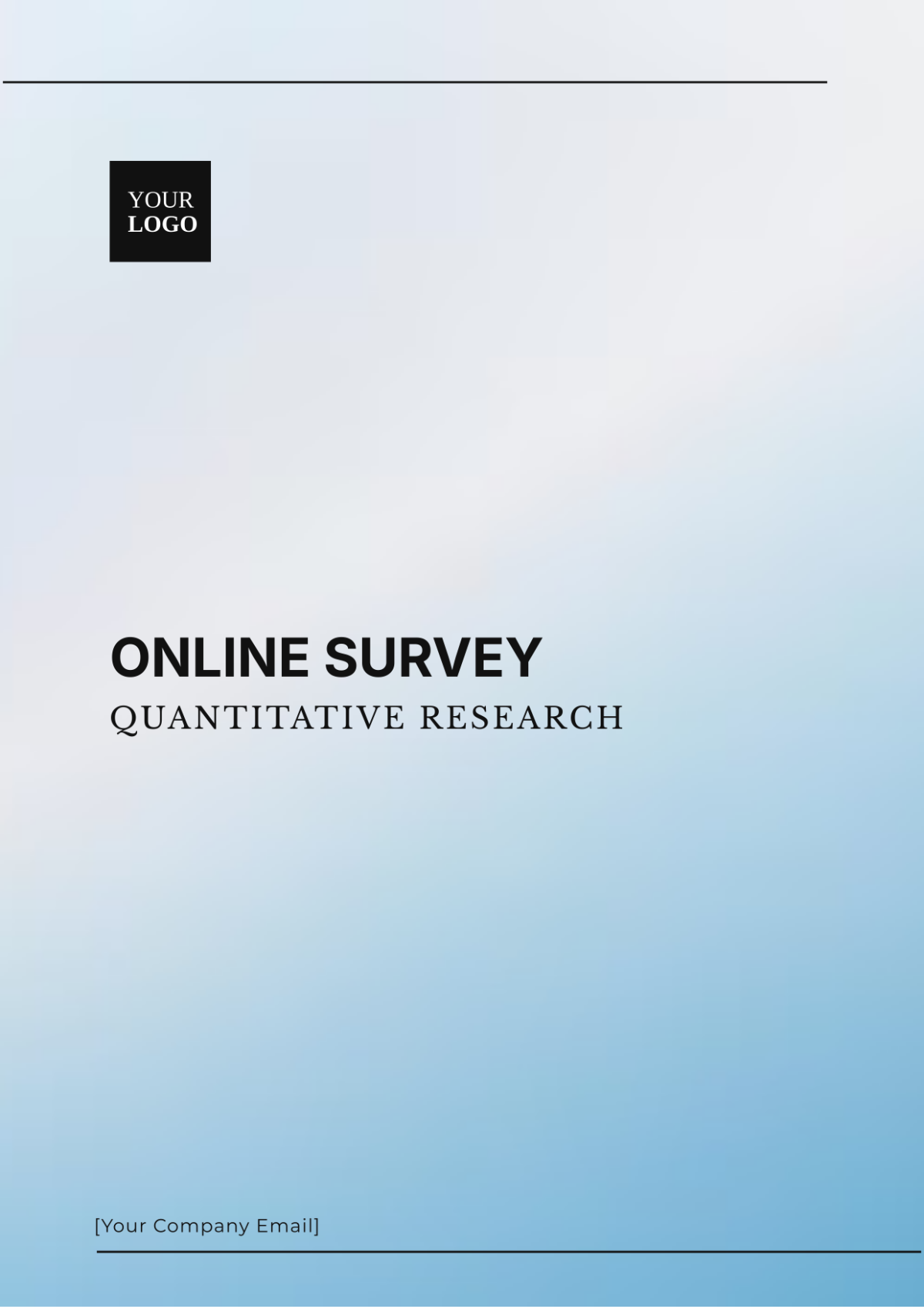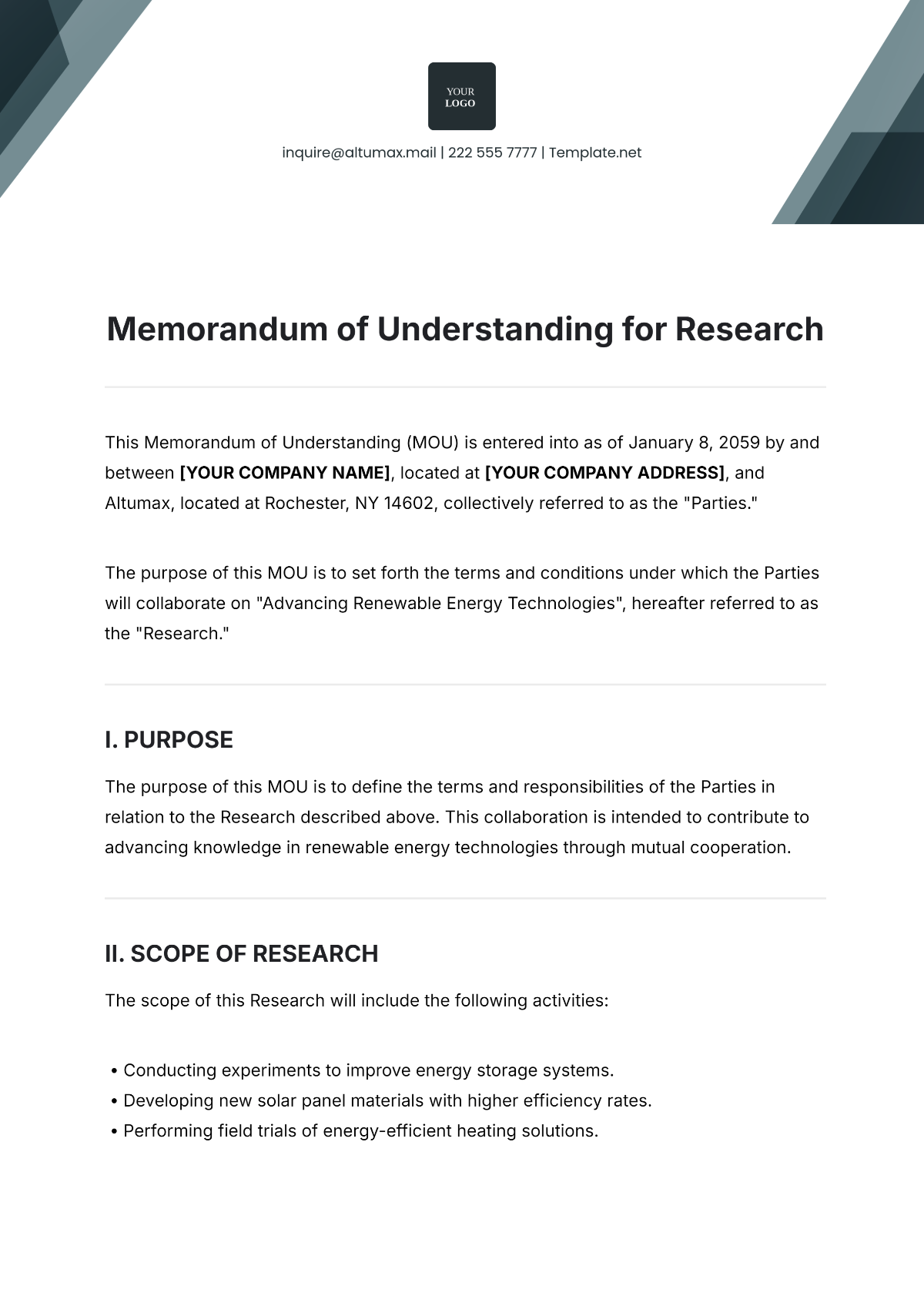Conclusion Design in the Research Process
Conclusion Design in the research process refers to the structured presentation of the findings, implications, and recommendations derived from research. This phase is critical as it synthesizes the entire research into a coherent narrative that highlights the significance and impact of the study. It ensures that research outcomes are communicated effectively to the intended audience, providing clarity and direction for future actions or studies.
Findings
The findings section presents a comprehensive summary of the data collected and analyzed throughout the research. It is essential to organize these findings logically and coherently, enabling readers to understand the significance of the results. This section often includes statistical data, charts, and tables to illustrate key points clearly.
Key Findings
Quantitative data analysis
Qualitative insights
Comparative results
Parameter | Result |
|---|---|
Sample Size | 200 participants |
Average Score | 85.5% |
Response Rate | 90% |
Implications
The implications section interprets the findings, discussing their significance, the impact on existing knowledge, and potential applications. It connects the research outcomes to broader contexts, underlining their importance for stakeholders, policymakers, and the academic community.
Research Implications
Enhancement of existing theories
Practical applications in the field
Policy development and implementation
Recommendations
The recommendations section offers actionable suggestions based on the research findings and implications. It may propose further research, changes in practice or policy, or specific steps that organizations or individuals should take. This section helps translate research into real-world actions.
Suggested Actions
Further research on identified gaps
Adoption of new practices based on findings
Policy recommendations for stakeholders
Conclusion
In conclusion, designing the conclusion in the research process is crucial for effectively communicating the crux of the study. It ensures that findings are presented, implications are thoroughly discussed, and recommendations are actionable. By doing this, the research fulfills its purpose of contributing to knowledge and guiding future decisions.
References
APA: American Psychological Association. (2054). Publication manual of the American Psychological Association (7th ed.). Washington, DC: Author.
MLA: Modern Language Association. (2052). MLA handbook (8th ed.). New York, NY: Modern Language Association of America.
Chicago: The Chicago Manual of Style. (2050). The Chicago Manual of Style (17th ed.). Chicago, IL: University of Chicago Press.





